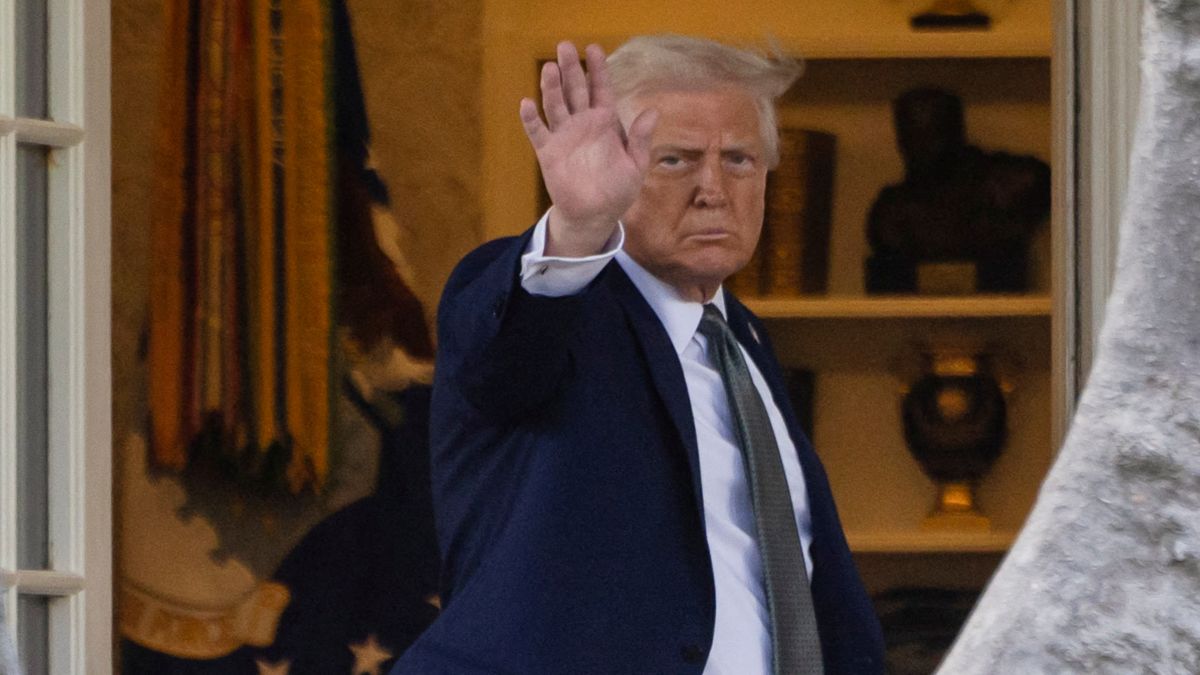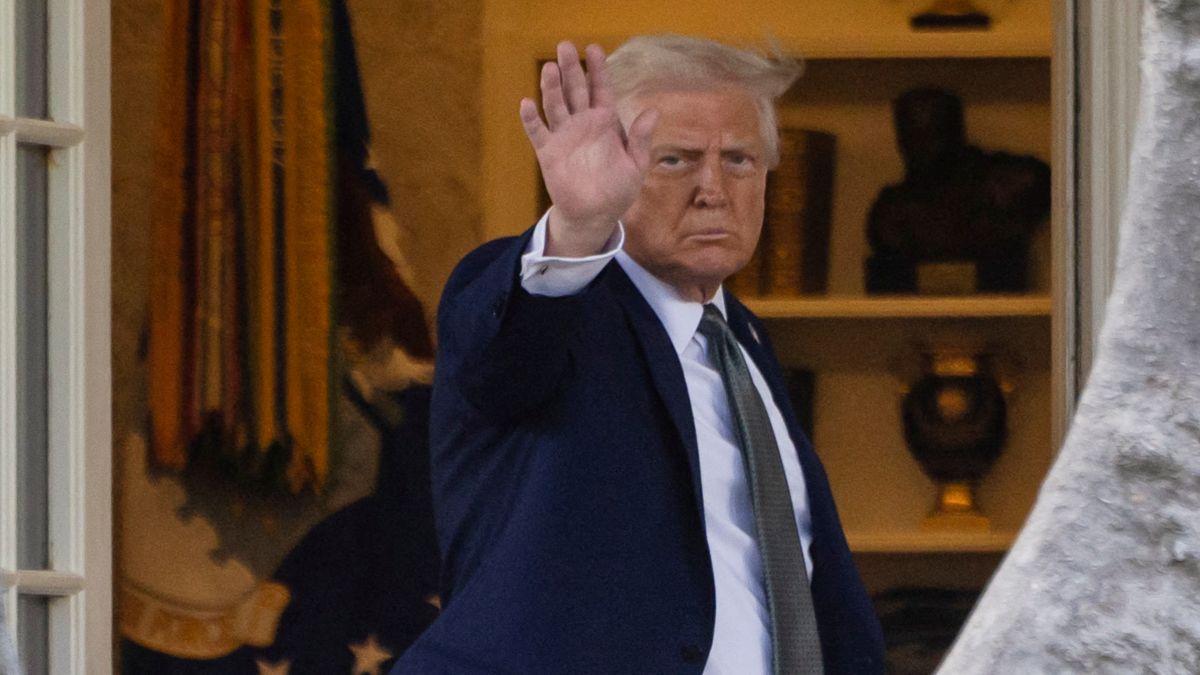A set of new banking and UPI rules across India are coming in a few days, bringing major changes for account holders.
The National Payments Corporation of India (NPCI) has released new guidelines designed to improve the effectiveness and security of transactions made through the Unified Payments Interface (UPI).
Several other changes are also introduced to the banking system, like credit card benefits, savings account guidelines, ATM withdrawal procedures, and more; all will be altered.
To minimise fines and maximise their banking benefits, customers should be aware beforehand.
Let’s take a look at the key changes in banking and UPI rules from April 1.
What are the changes to UPI rules?
The NPCI has released new guidelines designed to improve the security of online transactions via UPI.
With effect from April 1, these rules mandate that banks, Payment Service Providers (PSPs), and third-party UPI service providers like PhonePe, GPay, and Paytm take specific actions concerning numeric UPI IDs.
According to the NPCI’s directive, “The Banks, PSP App shall use the Mobile Number Revocation List/Digital Intelligence Platform (MNRL/DIP) and update their data base accordingly at regular intervals, at least on weekly basis.”
This aims to decrease transaction mistakes brought on by reassigned or out-of-date mobile numbers.
The Department of Telecommunications (DoT) has guidelines that provide that a disconnected mobile number may be transferred to a new user after 90 days. The telecom service provider usually deactivates a subscriber’s mobile number after three months of no calls, messages, or data usage occurring on that number. After a predetermined amount of time, these operators redistribute these mobile numbers to other subscribers. They are referred to as churned or recycled numbers.
UPI IDs associated with dormant mobile numbers will be terminated per the new UPI rules. Your connected UPI ID will be unlinked, and UPI services will not be available if your bank-registered mobile number has been inactive for a long time.
It is recommended that users make sure their bank-registered cellphone numbers are current and active.
If this isn’t done, UPI services associated with reassigned or inactive numbers can be suspended. Maintaining smooth access to UPI services would be facilitated by routinely updating bank data with current mobile numbers.
Also read: Does RBI buying tonnes of gold signal a shift away from dollar?
What are the changes in banking rules?
ATM withdrawal policies
The Reserve Bank of India (RBI) has authorised a rise in ATM interchange fees, which include the cost of operating an ATM and the price a bank pays another for using its services, according to The Times of India.
Monthly free ATM withdrawals have decreased, particularly for transactions at ATMs operated by other banks. Users will now only be able to withdraw money from other bank ATMs three times a month for free; after that, there will be fees of Rs 20 to Rs 25 for every transaction, says News18.
These changes will come into effect from May 1.
The increased costs are part of a change approved by the RBI and based on a suggestion made by the National Payments Corporation of India (NPCI). Once the additional costs go into effect, regular ATM customers may decide to continue with their home bank’s ATMs or move to digital payment options.
Minimum balance requirements
The minimum balance requirements of banks such as SBI, Punjab National Bank, Canara Bank, and others are being revised, as per News18.
Depending on whether an account is located in an urban, semi-urban, or rural location, the minimum balance will now change. Penalty fees may be incurred for failing to maintain the recommended balance.
Savings account and FD interest rates
A number of banks are changing the interest rates on fixed deposits and savings accounts.
Interest rates on savings accounts will now be determined by the account balance; thus, bigger amounts could provide greater rates. These changes are intended to promote savings and provide competitive returns.
Positive Pay System implementation
Many banks are using the Positive Pay System (PPS) in an effort to improve transaction security.
Check payments above Rs 5,000 are subject to verification through this mechanism. To prevent fraud and mistakes, customers must verify information such as the cheque number, date, payee name, and amount before processing.
Digital banking features
Banks are introducing advanced online tools and AI-powered chatbots to help consumers in an effort to encourage digital banking.
To further safeguard digital transactions, enhanced security procedures including biometric verification and two-factor authentication will be reinforced.
Credit Card benefits
Big banks are making changes to their co-branded Vistara credit cards, such as SBI and IDFC First Bank.
Milestone incentives, renewal benefits, and ticket vouchers will no longer be offered.
Similar adjustments will be made by Axis Bank to its Vistara credit cardholders beginning on April 18.
With inputs from agencies


)
)
)
)
)
)
)
)
)



